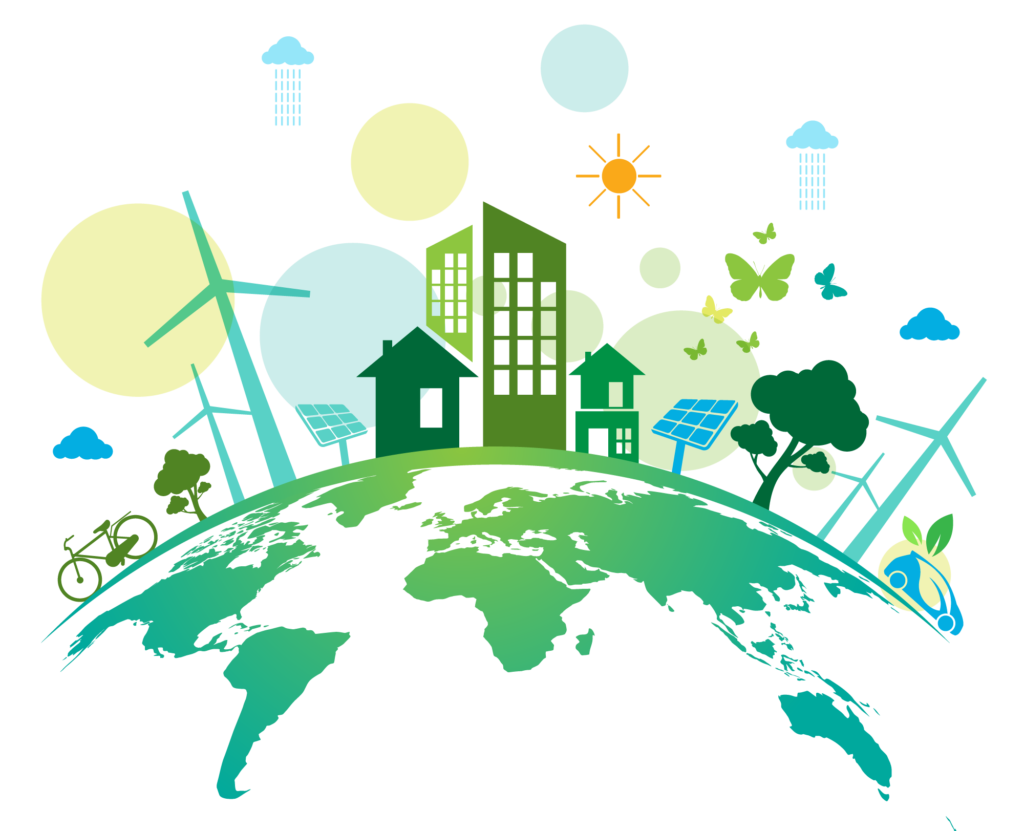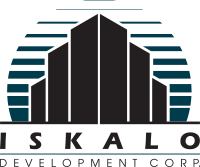While industrialization provides economic and social development, industrial buildings and factories are a large contributor to environmental pollution. It’s important that we find a balance of meeting human economic and social needs, including job creation and government revenue, and ensuring environmental protection. Sustainable industrial development works to minimize its environmental footprint while maintaining economic growth, social advancement and quality of life.
3 Key Elements of Sustainable Industrial Development

Resource Efficiency
Sustainable industrial development ensures that resources are used conservatively and efficiently. To achieve resource productivity, manufacturers must optimize the supply circle, analyzing how raw materials are extracted, how components are produced, how products are designed and how return markets are organized. Consider new business models in which you have more control over all of your operations to make sure you’re exercising environmental safety.
Pollution Control
One of the most important components of sustainability is minimizing environmental impact through pollution prevention. Pollution results from waste, which can be reduced, reused or prevented to ensure environmental protection. There are many ways to manage industrial air pollution in manufacturing, which include using clean energy sources and air pollution destruction technologies.
Safe Chemical Management
By practicing safe chemical management, industrial businesses can minimize health effects caused by environmental emissions significantly. Safe chemical management avoids relying on raw materials that have the potential to become toxic once released into the water or air. Eliminate hazardous materials containing chromium, mercury and lead from your supply chain and replace them with non-hazardous alternatives.

Benefits of Sustainable Industrial Development
Economic Value
Sustainable industrial development offers plenty of economic benefits. The industry itself promotes jobs and income associated with reducing environmental impact. Improved environmental performance can also lead to increased labor productivity and product quality, contributing to a healthier economy.
Sustainable industrial development can also lower operating costs for businesses. Sustainable and efficient processes use less energy, water and materials, which can lead to significant cost savings.
Social Advancement and Improved Quality of Life
Human development is a significant benefit of sustainable industrial development. The sustainable development industry provides plenty of employment opportunities for all societal groups, as well as improved working conditions for employees. Better working conditions, improved health and well-being, and more jobs leads to increased standards of living and better quality of life.
Environmental Protection
Perhaps the most obvious benefit of sustainable industrialization is reduced environmental impact. Many industrial businesses are shifting toward eco-friendly development to uphold their ethical responsibility to ensure a cleaner and safer environment. Sustainable industrial development works to lower greenhouse gas emissions and conserve water, energy and natural resources.


